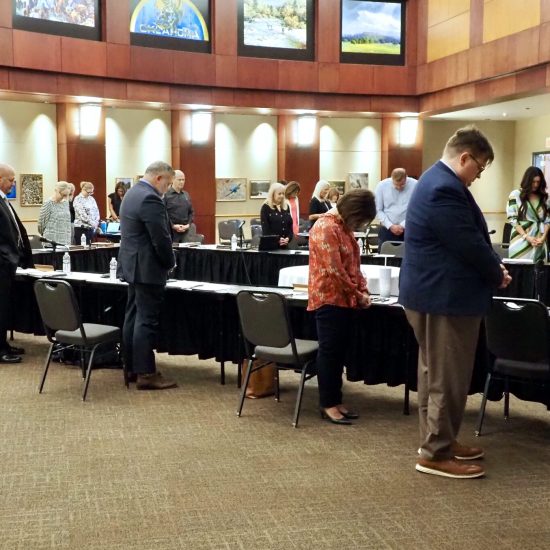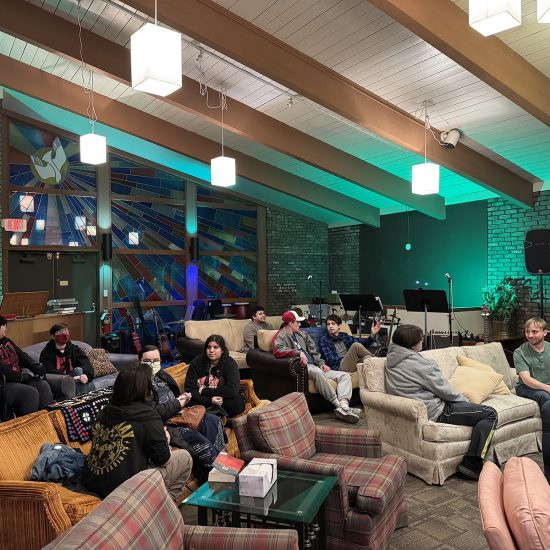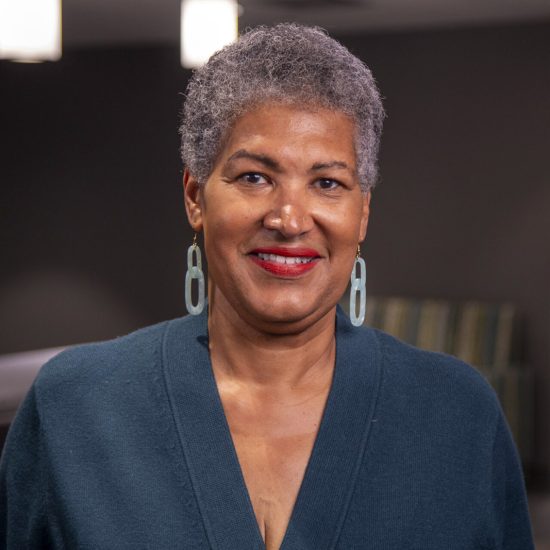RICHMOND, Va. — Baptist Theological Seminary at Richmond will suspend operations of its School of Christian Ministry in July, a move the seminary’s president says will benefit both BTSR and its six-year-old continuing education component.
The last group of classes offered by the School of Christian Ministry, which has provided continuing education courses for both clergy and laity since 2003, will end July 31, said BTSR president Ron Crawford.
But he and the school’s director, Kim Siegenthaler, are exploring ways to keep the SCM functioning in conjunction with other ministry partners, Crawford said.
While cutting costs was a significant factor in suspending the SCM, Crawford said the school could “spread its wings” in a broader collaboration, unencumbered by links to a single theological institution.
“We’re in position that we need to save money,” Crawford said of BTSR. “But there are other partners which want to collaborate to give new life to the School of Christian Ministry. And the SCM will flower better in a different environment and context.” He declined to name potential partners, saying conversations are in early stages.
The SCM was inaugurated in the fall of 2003 with a grant from the Cooperative Baptist Fellowship. Later grants from the Lilly Endowment, an Indianapolis-based philanthropic foundation, and the New York-based Luce Foundation — both of which contribute to many church-based causes — sustained the school's operations.
Each year the SCM offered about 25 four-week classes — all of them online — taught by experts contracted to develop and teach the courses, which drew anywhere from two to 25 students. Topics ranged from theology, preaching, worship and pastoral care to small group leadership, social issues, preschool and children’s ministry and family systems theory. It also offered occasional seminars, workshops and congregational resources.
At the end of 2008, the grants ended and BTSR assumed full funding for the school.
“We wanted to keep the program alive as long as possible and for a while we came up with the money to do it,” Crawford said. “But as the economy went south we realized we couldn’t do it any longer.”
Last year BTSR budgeted about $111,000 for the program, with an expectation of about $30,000 in revenue from tuition. But Crawford said the economic downturn reduced the number of students and revenue dropped to about $18,000. The seminary's total budget for 2010-2011 is $2.8 million.
Only one BTSR staff member — Siegenthaler — will be affected by the SCM’s suspension. She will continue oversight of the last group of classes in a part-time capacity until operations end July 31. Another staff member who served as the school’s registrar has been assigned other responsibilities within the seminary.
Crawford said BTSR remains committed to continuing education.
“I think it’s a need and a vital way to get theology into the congregation,” he said. “If in three to four years the SCM hasn’t begun collaborating with other partners and if the economy has improved, then we may re-create it under a different business model.”
That business model would be more entrepreneurial, focusing less on administration and more on individual teachers, Crawford predicted.
“You need about 20 different professors to teach the courses,” he said. “They do the promotion of the classes, they distribute the brochures. The institution controls the quality and the theological perspective. That model is low-cost for the institution but has an opportunity of expanding rapidly and is far more sensitive to the marketplace. A lot of entrepreneurs out there would eat it up.”
In the meantime, regular seminary classes continue to be open to both lay and clergy seeking to hone ministry skills.
“We’ve always had non-degree students in our classes,” Crawford said. “Sometimes they stay with us a few years and then decide it’s not for them. More often, they come as non-degree students and after a couple of semesters they enter a full-time degree program.”
In addition, the increased number of seminary classes available online likely will attract more full-time and part-time students, he said. Israel Galindo, the seminary’s dean, is in the process of putting two-thirds of the master of divinity degree curriculum online, following approval by the Association of Theological Schools, BTSR’s accrediting agency.
“We will get that done in the next two to three years,” said Crawford. “We’re teaching five [online classes] this year, seven next year and 16 the year following. This means eventually our students could get the majority of their work done in an online environment” — an environment that is decidedly not correspondence school, he insisted. While the methodology is different, the same rigorous theological standards are upheld, he said.
The growth in online seminary classes will “make theology accessible to laypeople and ministers who have not completed theological degrees,” Crawford said. “This has rich possibilities for churches and for laypeople in congregations. It creates a whole new dimension and will create new dynamics in congregations.”
Despite an increased Internet presence, “we’re never going to be wholly online,” he said, noting the school will not give up its required two-semester ministry internship program or its Mission Immersion Experience, which places students in cross-cultural ministry for an extended period of time.
The SCM’s suspension comes just at BTSR prepares for the September launch of a campaign to raise $6 million — more than the seminary’s endowment of $5.6 million. The fundraising campaign will mark the seminary’s 20th anniversary, which it celebrates this year.
Robert Dilday is managing editor of the Religious Herald.






